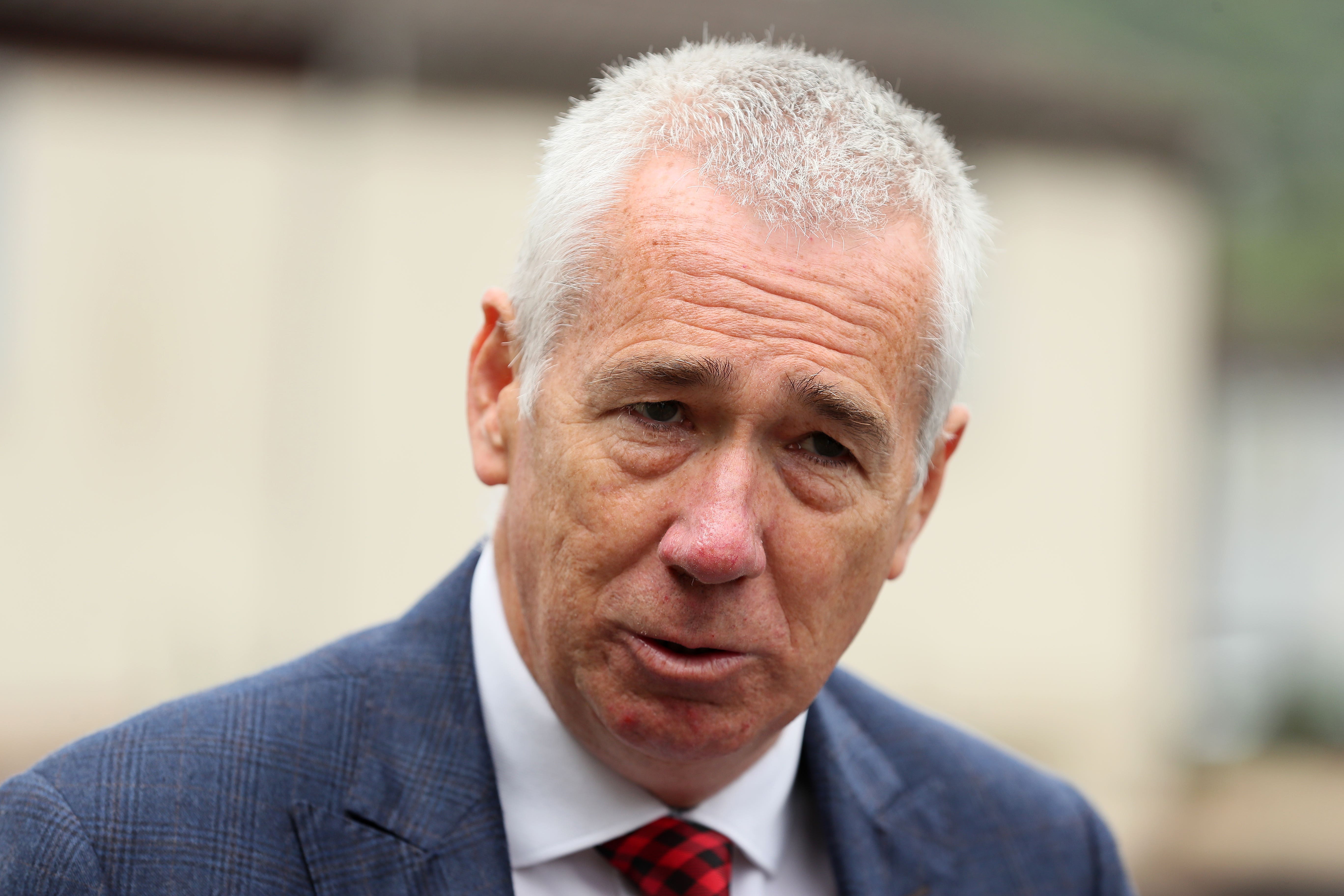Stakeknife report a ‘step closer’ to publication after passing security checks
Ex-police chief Jon Boutcher is heading Operation Kenova into the activities of the British Army’s top agent within the Provisional IRA.

Your support helps us to tell the story
From reproductive rights to climate change to Big Tech, The Independent is on the ground when the story is developing. Whether it's investigating the financials of Elon Musk's pro-Trump PAC or producing our latest documentary, 'The A Word', which shines a light on the American women fighting for reproductive rights, we know how important it is to parse out the facts from the messaging.
At such a critical moment in US history, we need reporters on the ground. Your donation allows us to keep sending journalists to speak to both sides of the story.
The Independent is trusted by Americans across the entire political spectrum. And unlike many other quality news outlets, we choose not to lock Americans out of our reporting and analysis with paywalls. We believe quality journalism should be available to everyone, paid for by those who can afford it.
Your support makes all the difference.A report on the British Army’s top agent within the Provisional IRA has passed national security checks with no changes or redactions, the former police chief who led the probe has said.
Former Bedfordshire chief constable Jon Boutcher, head of Operation Kenova, said the interim findings into the activities of Stakeknife have now moved a “step closer” to publication.
The report has been provided to the Public Prosecution Service to assess whether it is prejudicial to any future prosecutions and no date has yet been given for its final publication.
The investigation which led to the report took place over several years.
I am pleased to announce that the Kenova interim report has now passed national security checking with no changes or redactions
Stakeknife worked within the IRA’s notorious “nutting squad”, interrogating suspected informers during the Troubles.
His alleged activities are under investigation as part of Operation Kenova, which examined crimes such as murder and torture and the role played by the security services, including MI5.
Stakeknife was widely believed to be West Belfast man Freddie Scappaticci, who was in his 70s when he died earlier this year.
In a message on the Operation Kenova website, Mr Boutcher said: “I am pleased to announce that the Kenova interim report has now passed national security checking with no changes or redactions.
“It has now been provided to the Public Prosecution Service of Northern Ireland (PPS NI) to assess whether the report is prejudicial to any possible future prosecutions.
“I anticipate this will be a relatively expeditious process and, once complete, will be able to provide a further update on the progress of the report to publication.”
Kenova has also taken on several other investigations and reviews since its inception.
Operation Mizzenmast, the murder of Jean Smyth-Campbell in 1972, Operation Turma, the murder of three RUC officers on Kinnego Embankment in 1982, and The Barnard Review, a review into what has become known as the Glenanne Gang series, will each be reported on separately in the future.